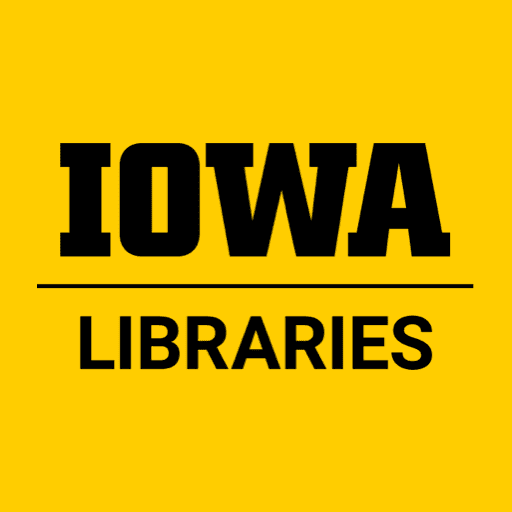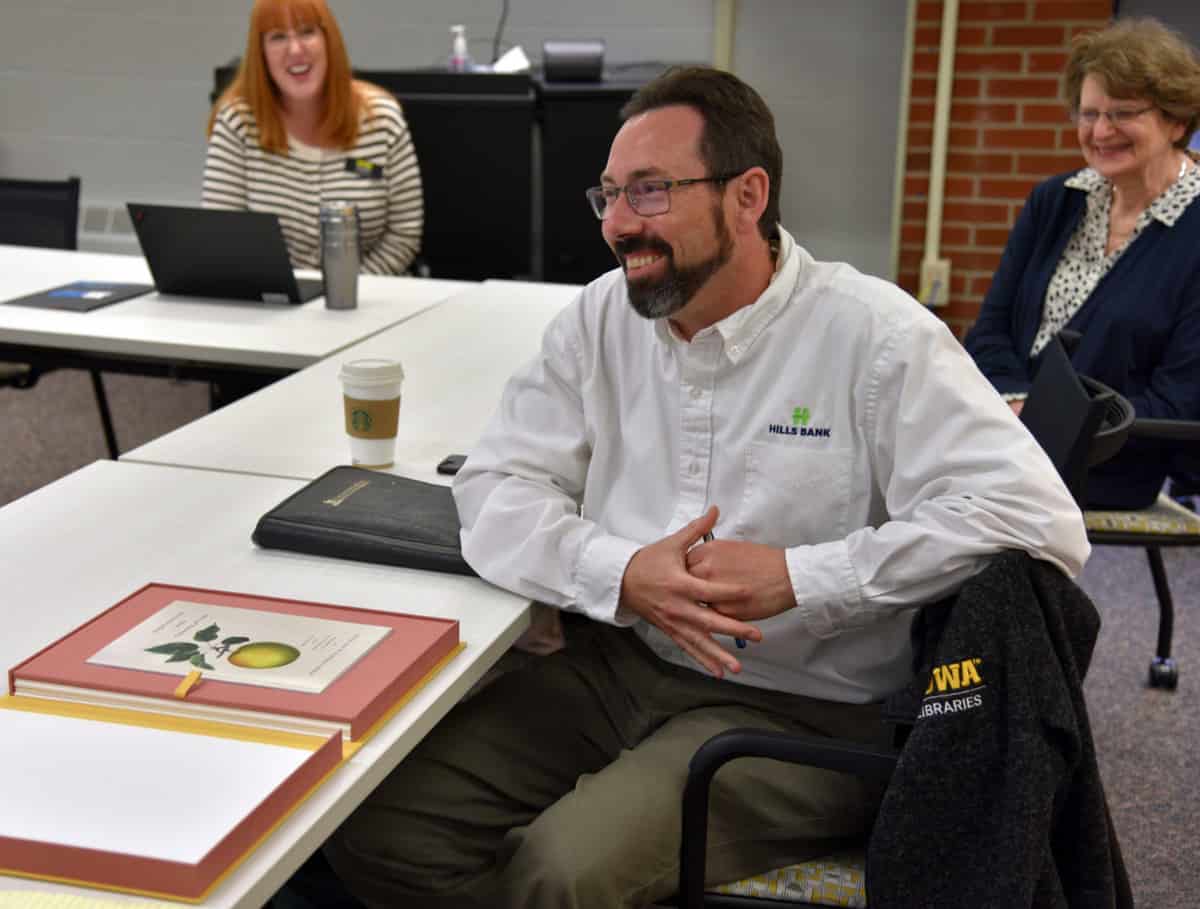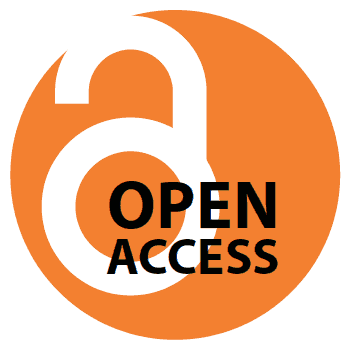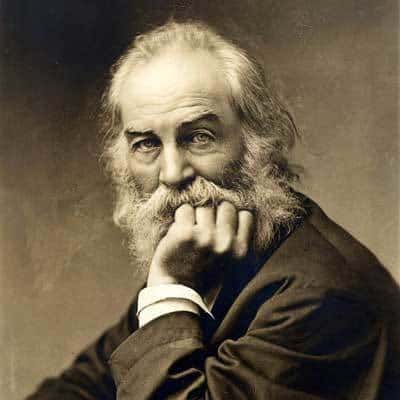Accessing some e-resources from the University of Iowa Libraries is becoming easier thanks to a new user interface. The resources involved are provided by EBSCO, which offers access to more than 100 Libraries research databases spanning all subject areas. The transition happens on May 26, 2025. You will still use the same login credentials for yourContinue reading “Update creates better access to some UI Libraries e-resources “
Category Archives: Transitions
Schaefer reflects on serving as chair of the UI Libraries Advancement Council
From the deep connections he’s forged as a student at the University of Iowa and working in the local community to his family’s longstanding ties to the Amana Colonies, Aaron Schaefer knows that having a strong foundation is crucial to being successful both personally and professionally. It’s one of the reasons he decided to becomeContinue reading “Schaefer reflects on serving as chair of the UI Libraries Advancement Council”
Guest Post: Open Access Publication Just Makes Sense
During the month of Open Access week (October 19-25) we will be highlighting a number of guest posts from University of Iowa Faculty and Staff who have personal experience with Open Access. We appreciate their contributions. The seventh, and final post, is by Kelly Cole, Associate Professor and Departmental Executive Officer, College of Liberal ArtsContinue reading “Guest Post: Open Access Publication Just Makes Sense”
Guest Post: Interview – Kembrew McLeod on Open Access
During the month of Open Access week (October 19-25) we will be highlighting a number of guest posts from University of Iowa Faculty and Staff who have personal experience with Open Access. We appreciate their contributions. The sixth guest post is by Kembrew McLeod, Professor of Communication Studies at the University of Iowa and anContinue reading “Guest Post: Interview – Kembrew McLeod on Open Access”
Guest Post: Expectations Exceeded – My Experience With The Open Access Fund
During the month of Open Access week (October 19-25) we will be highlighting a number of guest posts from University of Iowa Faculty and Staff who have personal experience with Open Access. We appreciate their contributions. The fifth guest post is by Matthew Uhlman, Urology Resident, University of Iowa Hospitals and Clinics. Expectations Exceeded –Continue reading “Guest Post: Expectations Exceeded – My Experience With The Open Access Fund”
Guest Post: Walt Whitman Quarterly Review Goes Open Access
During the month of Open Access week (October 19-25) we will be highlighting a number of guest posts from University of Iowa Faculty and Staff who have personal experience with Open Access. We appreciate their contributions. The fourth guest post is by Ed Folsom, the Roy J. Carver Professor of English at The University ofContinue reading “Guest Post: Walt Whitman Quarterly Review Goes Open Access”
Guest Post: On generous scholarship
During the month of Open Access week (October 19-25) we will be highlighting a number of guest posts from University of Iowa Faculty and Staff who have personal experience making their work Open Access. We appreciate their contributions. The third guest post is by Meenakshi Gigi Durham, distinguished scholar, teacher, and writer whose work centers onContinue reading “Guest Post: On generous scholarship”
Guest Post: The Janus Faces of Open Access Publishing
During the month of Open Access week (October 19-25) we will be highlighting a number of guest posts from University of Iowa Faculty and Staff who have personal experience making their work Open Access. We appreciate their contributions. The second guest post is by Frederick Domann, PhD; Director, Molecular & Cellular Biology Graduate Program; Co-director,Continue reading “Guest Post: The Janus Faces of Open Access Publishing”
Guest Post: Open Access is the way that new knowledge is made…easier
During the month of Open Access week (October 19-25) we will be highlighting a number of guest posts from University of Iowa Faculty and Staff who have personal experience making their work Open Access. We appreciate their contributions. The first guest post is by Associate Professor, Rachel Marie-Crane Williams, Ph.D. University of Iowa, Departmental ExecutiveContinue reading “Guest Post: Open Access is the way that new knowledge is made…easier”
Iowa Research Online: Where Your Work Lasts Forever
By Michael S. Lewis-Beck, F. Wendell Miller Distinguished Professor of Political Science As emeritus faculty, I’ve spent my career researching and writing about politics. I published my first academic paper in 1974. Then as it is today, having your academic work cited is critical. But now the methods of scholarly publishing are very different. AcademicContinue reading “Iowa Research Online: Where Your Work Lasts Forever”




